The United States is often considered the epicenter of global entertainment, with its diverse array of media shaping not only national culture but also the cultural landscape of the world. From Hollywood films and television shows to music, gaming, and social media, entertainment serves as a powerful vehicle for expression, influence, and connection. This blog explores the multifaceted influence of entertainment in the USA, examining its impact on society, culture, and individual behavior.
1. Cultural Identity and Representation
Entertainment plays a crucial role in shaping cultural identity. The portrayal of various communities in films, television, and music has profound implications for how these groups are perceived both within the United States and internationally. In recent years, there has been a growing push for more authentic representation of diverse cultures in mainstream media. This shift not only promotes inclusivity but also helps individuals from underrepresented communities feel seen and validated.
Shows like Black Panther and Crazy Rich Asians have demonstrated the commercial viability of diverse narratives, paving the way for more stories that celebrate different cultures. By amplifying voices that were historically marginalized, entertainment fosters a richer understanding of the American tapestry and encourages dialogue about race, ethnicity, and identity.
2. Social Change and Activism
Entertainment has historically been a platform for social change. Artists, filmmakers, and musicians have used their influence to raise awareness about critical social issues, from civil rights to climate change. The power of storytelling can mobilize audiences and inspire action.
For instance, television shows like The Handmaid’s Tale have sparked discussions about women’s rights and authoritarianism, while documentaries like 13th have highlighted systemic racism in the United States. Moreover, movements such as #MeToo and Black Lives Matter have gained traction through social media and entertainment platforms, demonstrating the capacity of popular culture to catalyze societal shifts.
3. Economic Impact
The entertainment industry is a significant contributor to the U.S. economy. It generates billions of dollars in revenue and employs millions of people. The global success of American entertainment products, such as movies, music, and video games, enhances the country’s cultural exports, reinforcing its status as a global leader.
Cities like Los Angeles and Nashville thrive economically due to their entertainment sectors, attracting talent, tourists, and investment. The rise of streaming services has further transformed the industry, creating new revenue models and changing how audiences consume content. This evolution also brings challenges, such as the need for traditional media to adapt to rapidly changing consumer preferences.
4. Psychological and Emotional Effects
Entertainment significantly influences individual behavior and mental health. Films and shows often serve as a form of escapism, providing comfort and distraction from daily stressors. The characters and narratives can also evoke empathy, allowing viewers to experience different perspectives and emotions.
However, the impact is not entirely positive. The prevalence of unrealistic portrayals of life, relationships, and body image can lead to detrimental effects on self-esteem and body image, particularly among young audiences. The challenge lies in finding a balance between entertainment as a source of joy and the potential for negative psychological impacts.
5. The Role of Technology
Technology has transformed the way we consume entertainment. The rise of streaming platforms like Netflix, Hulu, and Disney+ has changed viewing habits, making it easier for audiences to access a vast library of content at their convenience. Social media platforms, such as TikTok and Instagram, allow for the rapid spread of trends and content, further shaping cultural moments.
These technological advancements also influence how entertainment is created and distributed. The ability for independent creators to share their work online has democratized the industry, allowing for a more diverse range of voices and stories to emerge.
Conclusion
The influence of entertainment in the USA is profound and multifaceted. It shapes cultural identities, drives social change, fuels economic growth, and impacts individual behavior. As we navigate the complexities of a rapidly evolving entertainment landscape, it’s essential to recognize both its power and responsibility. By advocating for diverse representation and conscious consumption, we can harness the influence of entertainment to inspire positive change and foster a more inclusive society.
In an ever-connected world, the stories we tell and consume will continue to play a pivotal role in shaping our understanding of ourselves and each other.

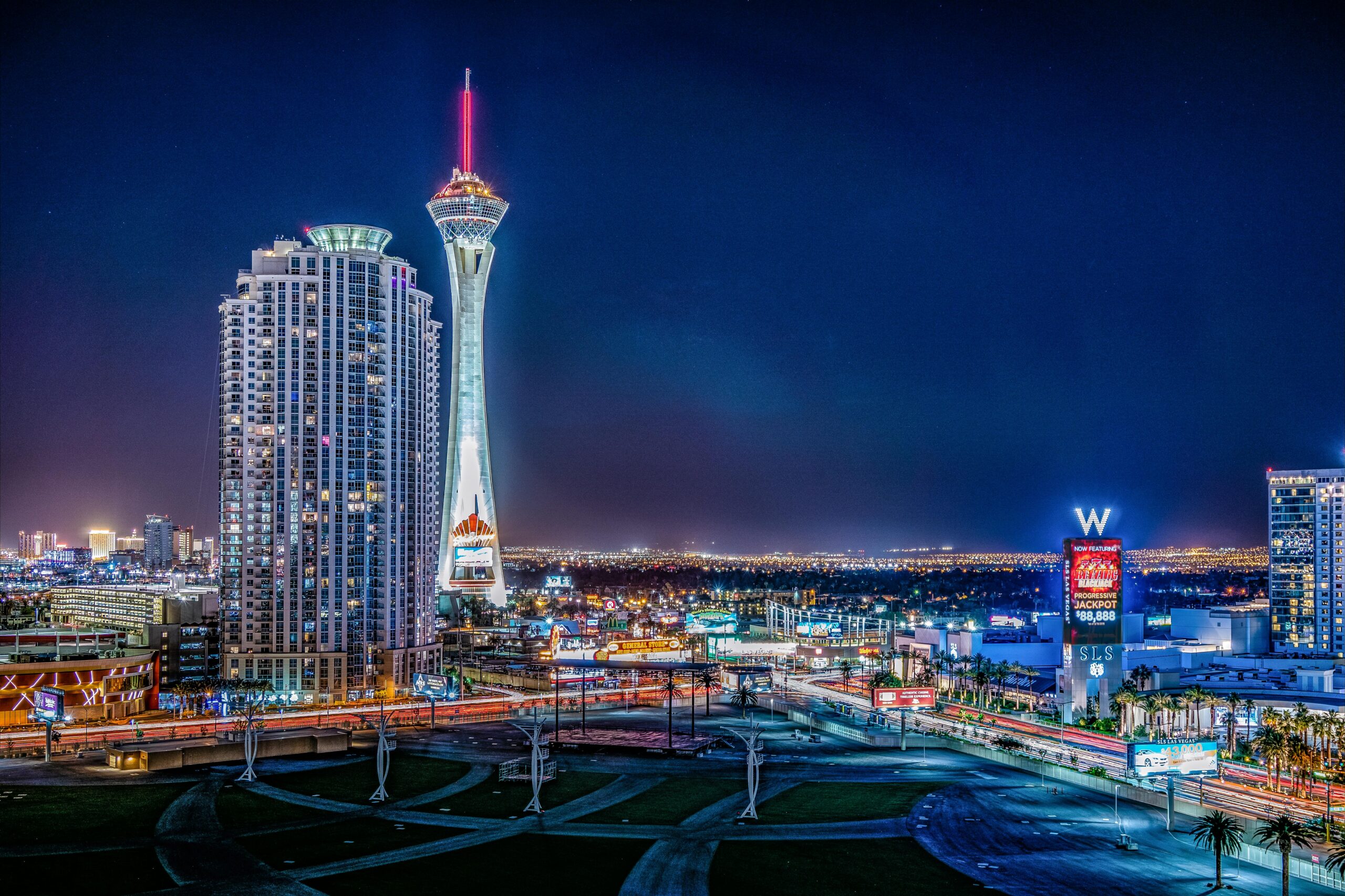
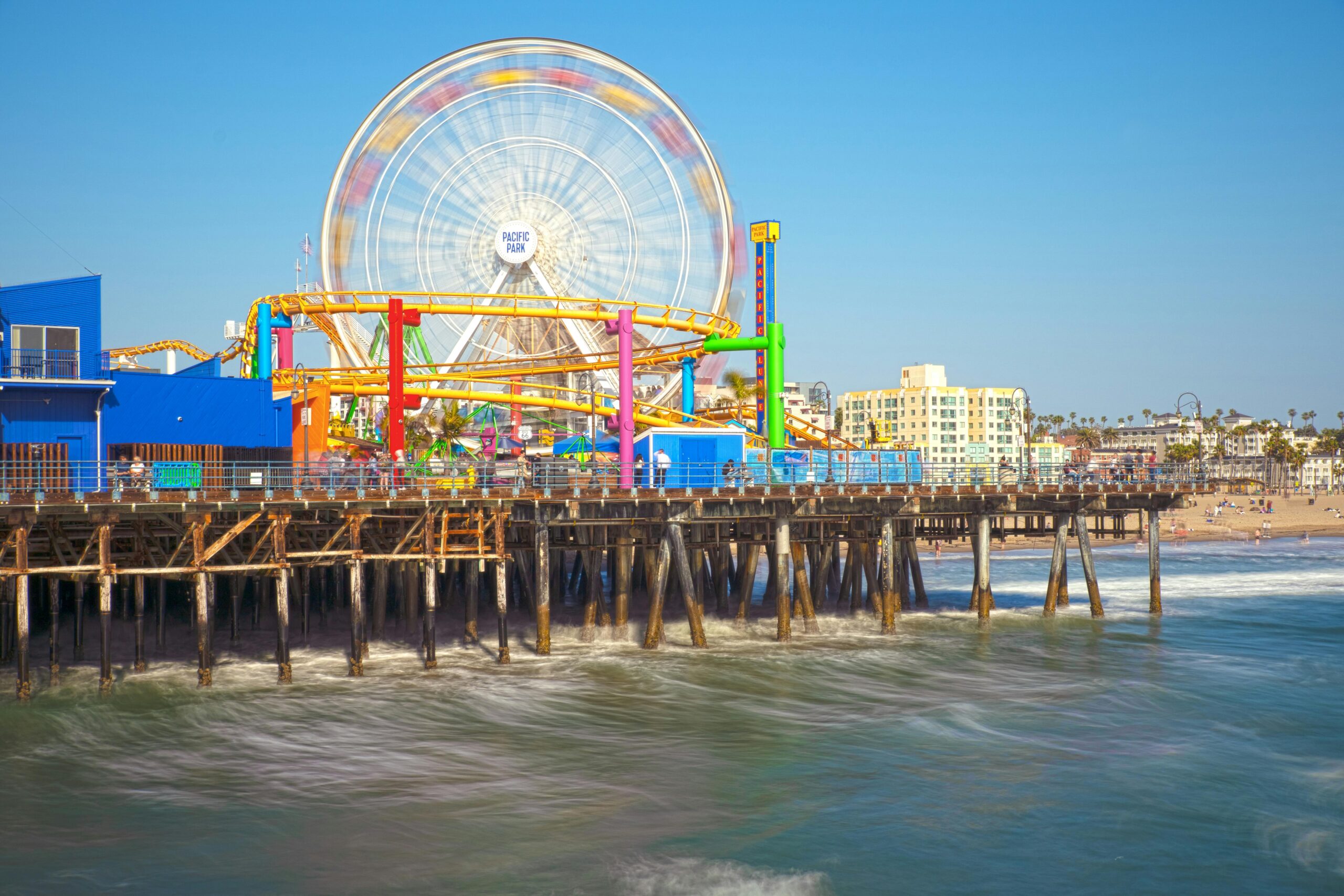
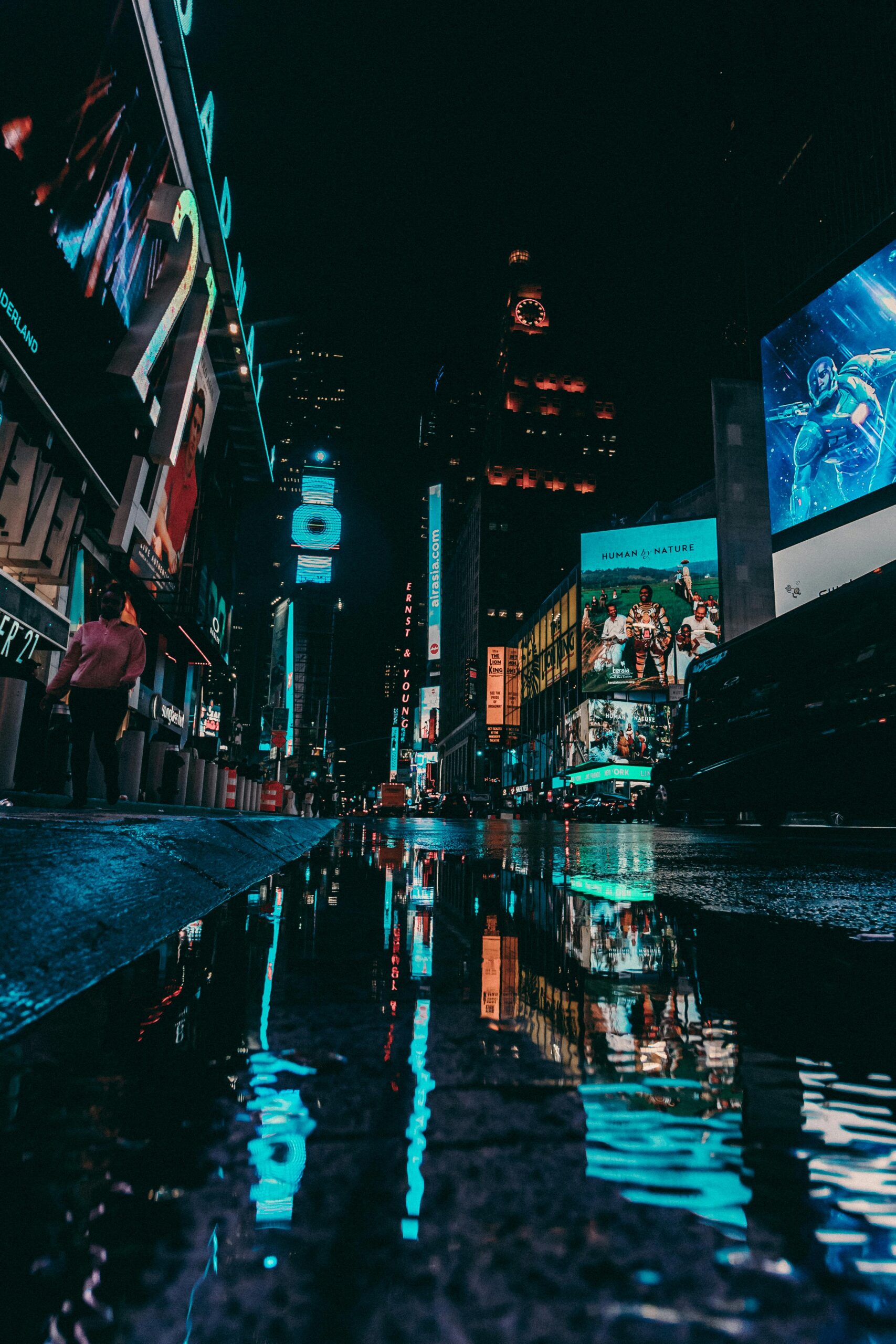




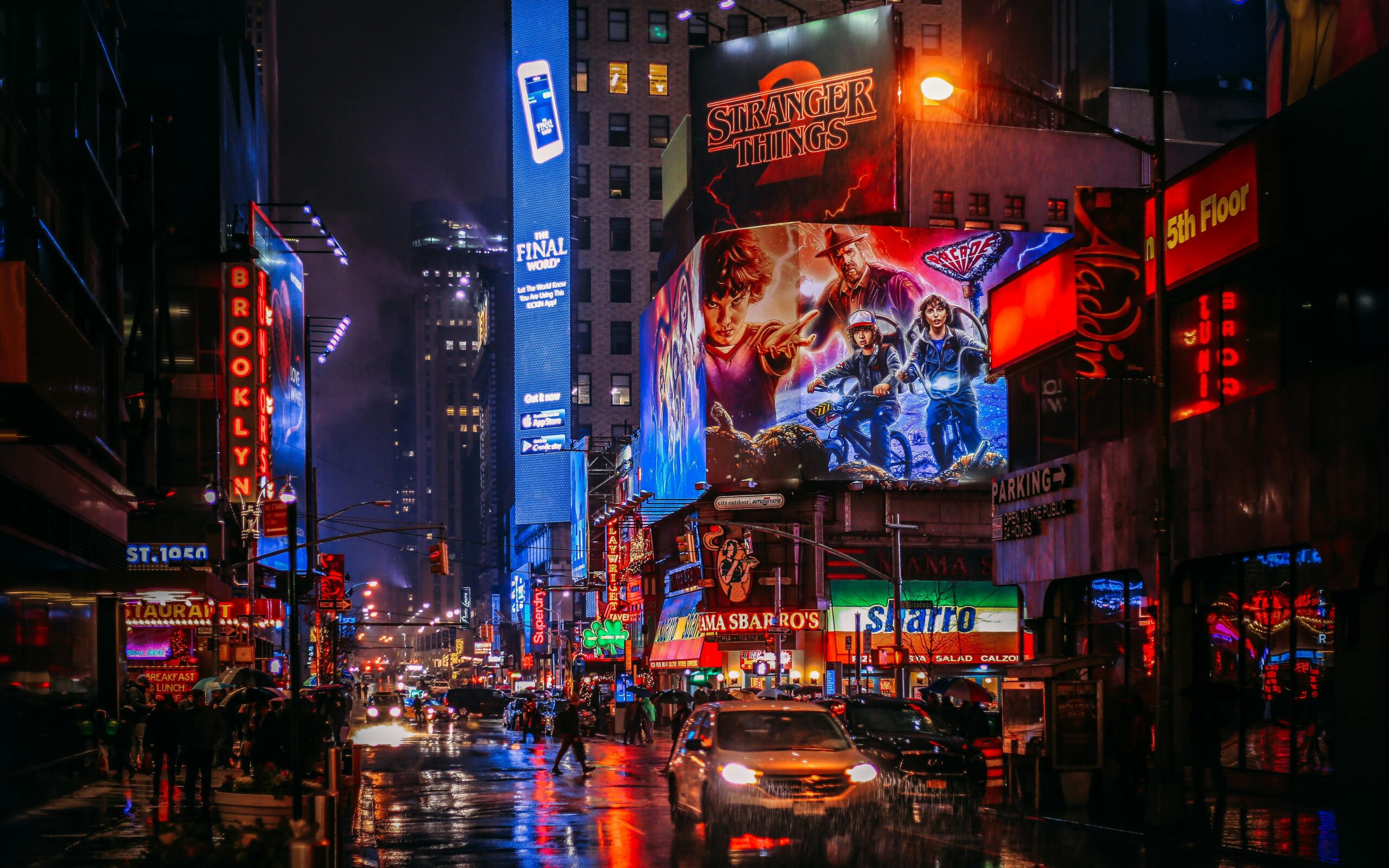
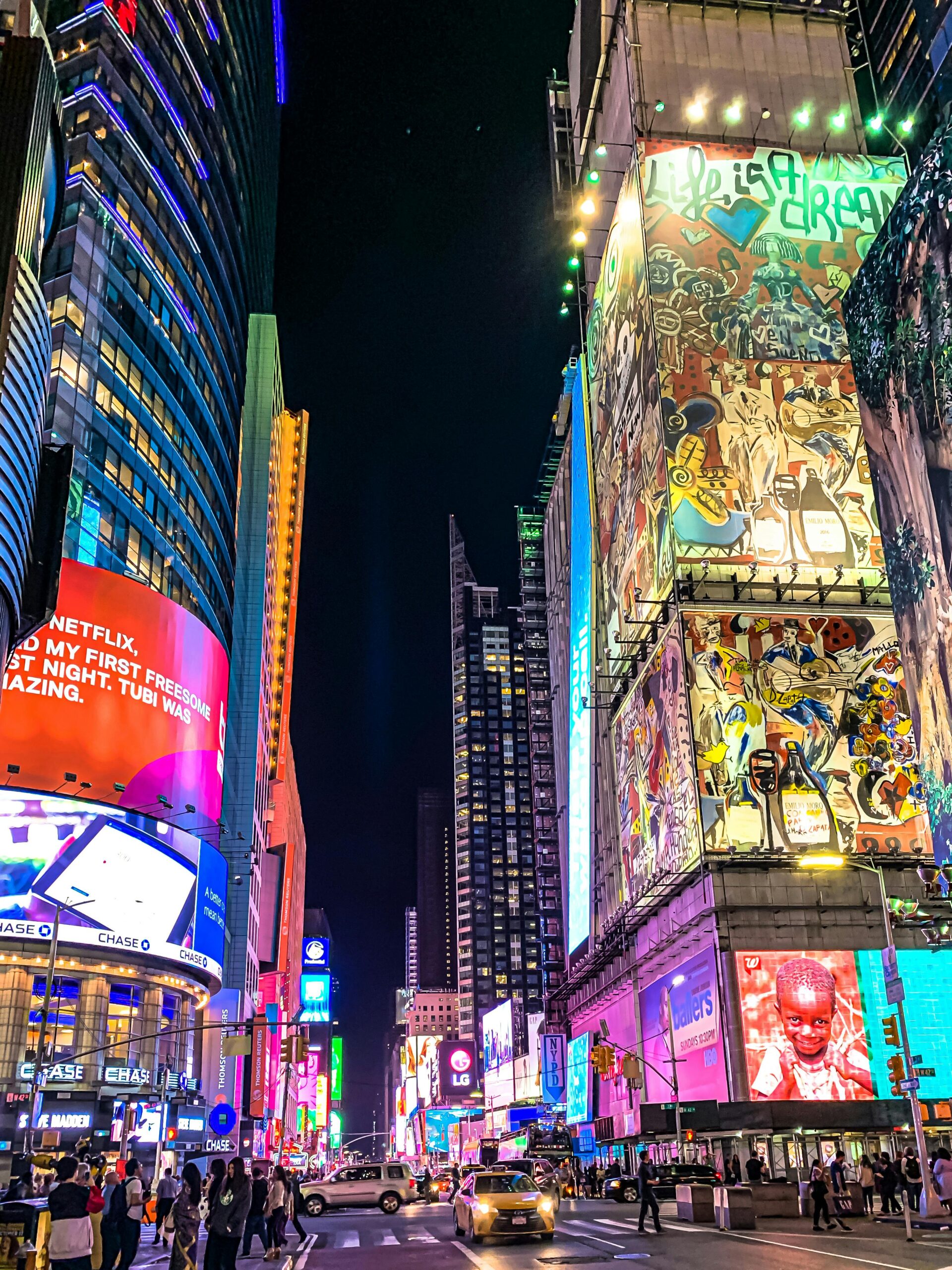
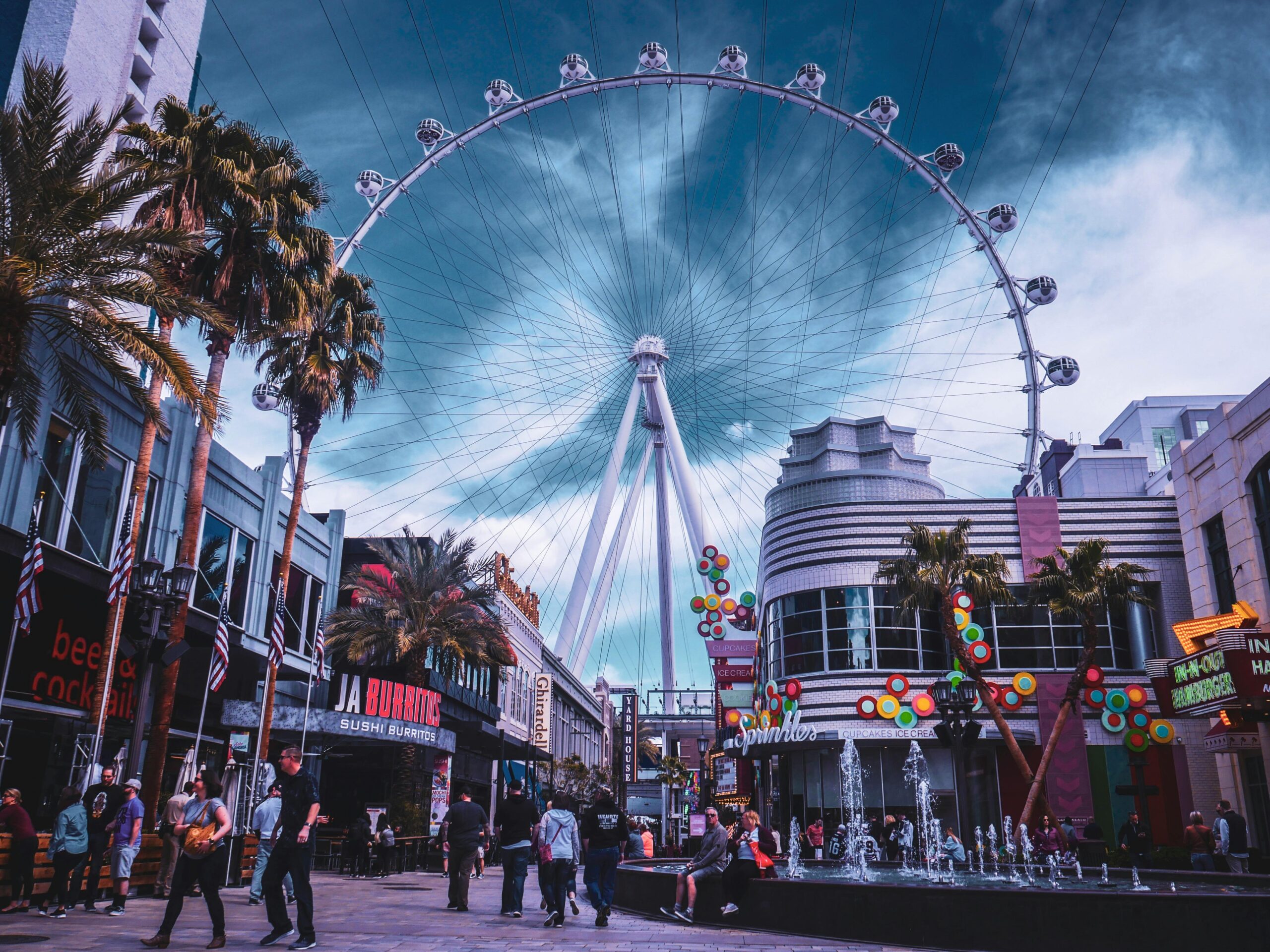




Leave a Reply